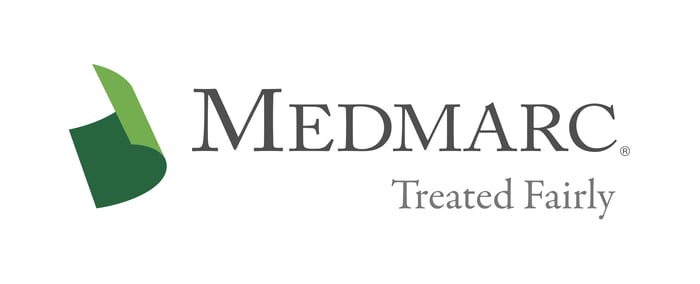Battle of the Forms and Contracts
Definitive agreements should be reached with suppliers or customers if a life sciences company wants to be certain of all of the terms and conditions that will apply to purchase or sale transactions. When definitive agreements are not reached, it is important for life sciences companies to engage in the battle of the forms by proposing legal terms and conditions of sale or purchase when supplying the other party with selling or purchasing forms such as quotation forms or purchase order forms. If one party engages in the battle of the forms and the other doesn’t, the party that fails to propose legal terms and conditions, or to object to the other party’s terms and conditions, may be unwittingly agreeing to legal terms and conditions that could be very unfavorable.
In particular, life sciences companies that are manufacturers or distributors of products can significantly reduce their risk exposure to warranty and other product liability claims from a purchaser by contract. For example, a manufacturer or distributor can cause its purchaser to agree, through a definitive agreement or by prevailing in the battle of the forms, to disclaimers of warranties that would otherwise be implied by law, an exclusive remedy that, for example, may limit the purchaser to a replacement or refund of the purchase price for defective goods, and limitations of liability for certain damages, such as damages measured by lost profits of the purchaser or other consequential damages. These types of contractual provisions do not, however, protect manufacturers from product liability claims made by third parties, such as end-users of products, that have been sold by the manufacturer through a distributor or retailer.
Paying attention to contract terms can result in significant advantages to life science companies in resolving product disputes favorably, and in reducing the costs and expenses of the dispute resolution process.
For additional resources contact the Marketing department
Phone: 888-633-6272
Medmarc is a member of ProAssurance Group, a family of specialty liability insurance companies. The product material is for informational purposes only. In the event any of the information presented conflicts with the terms and conditions of any policy of insurance offered from ProAssurance, its subsidiaries, and its affiliates, the terms and conditions of the actual policy will apply.
Copyright © 2024 - Medmarc
